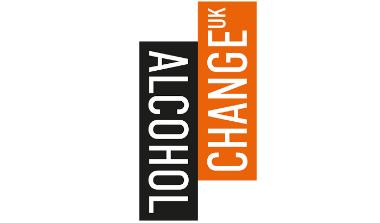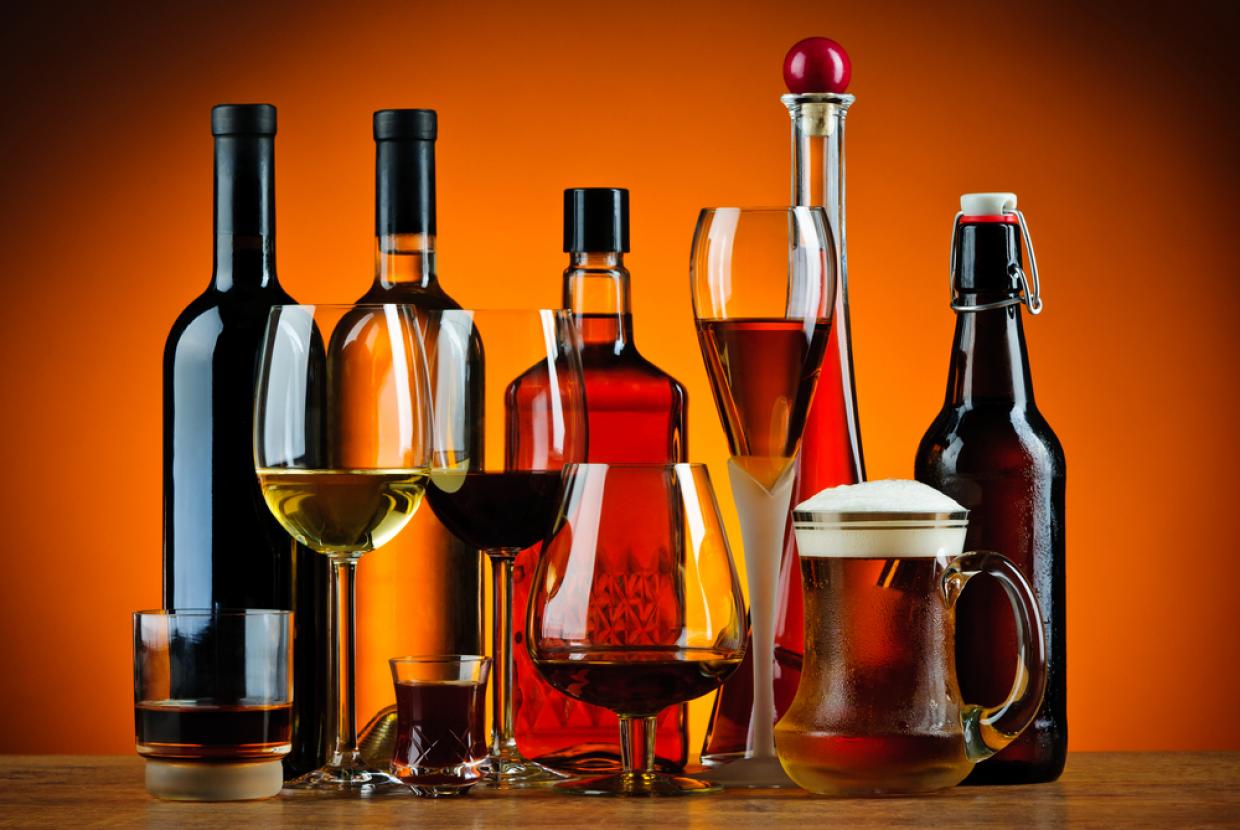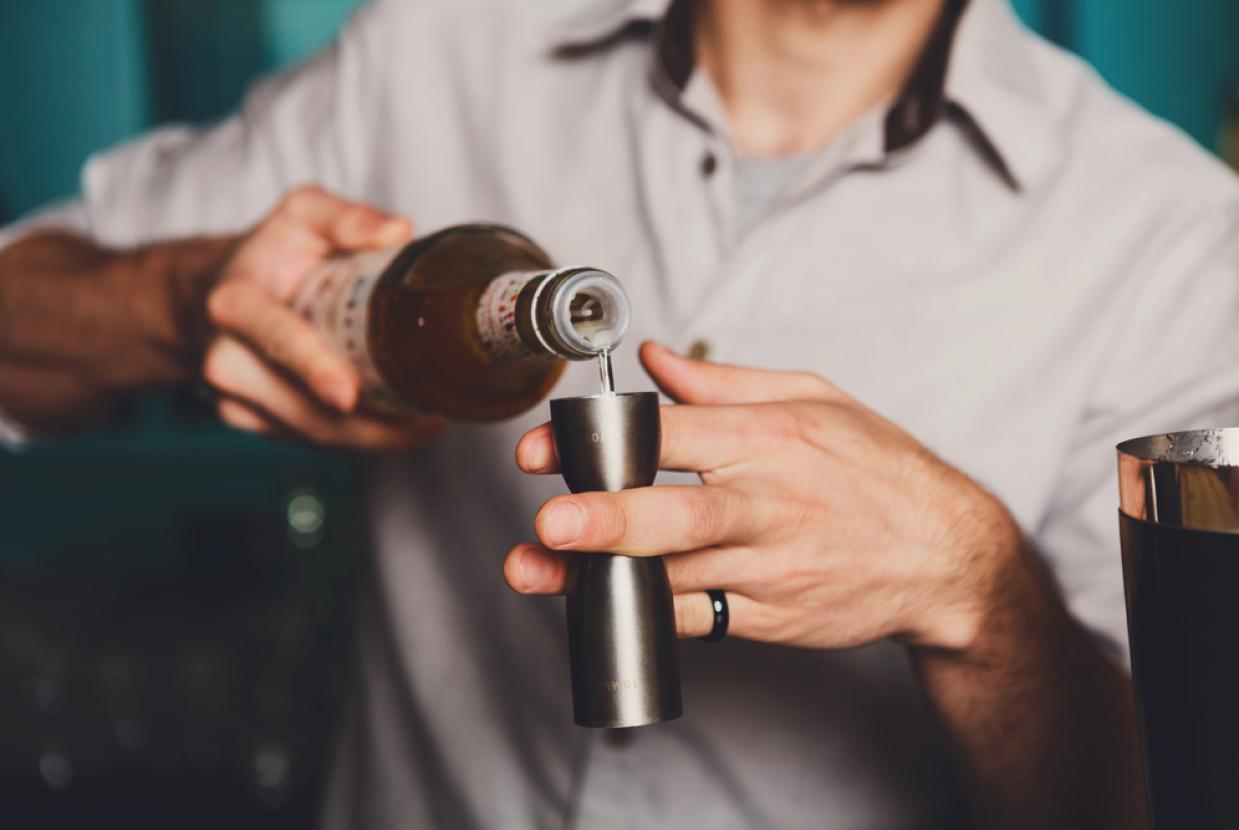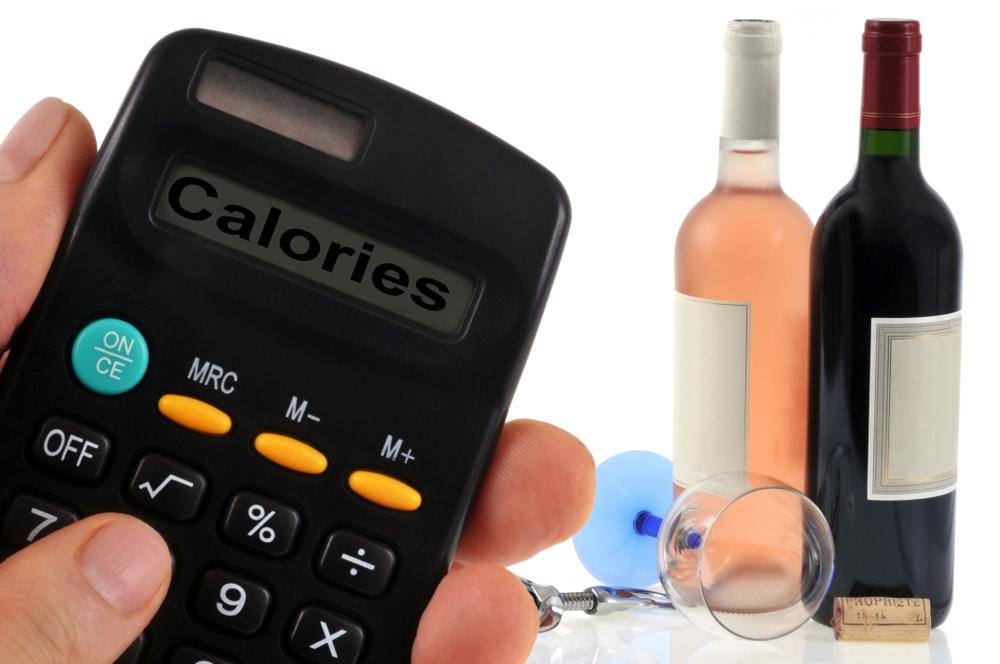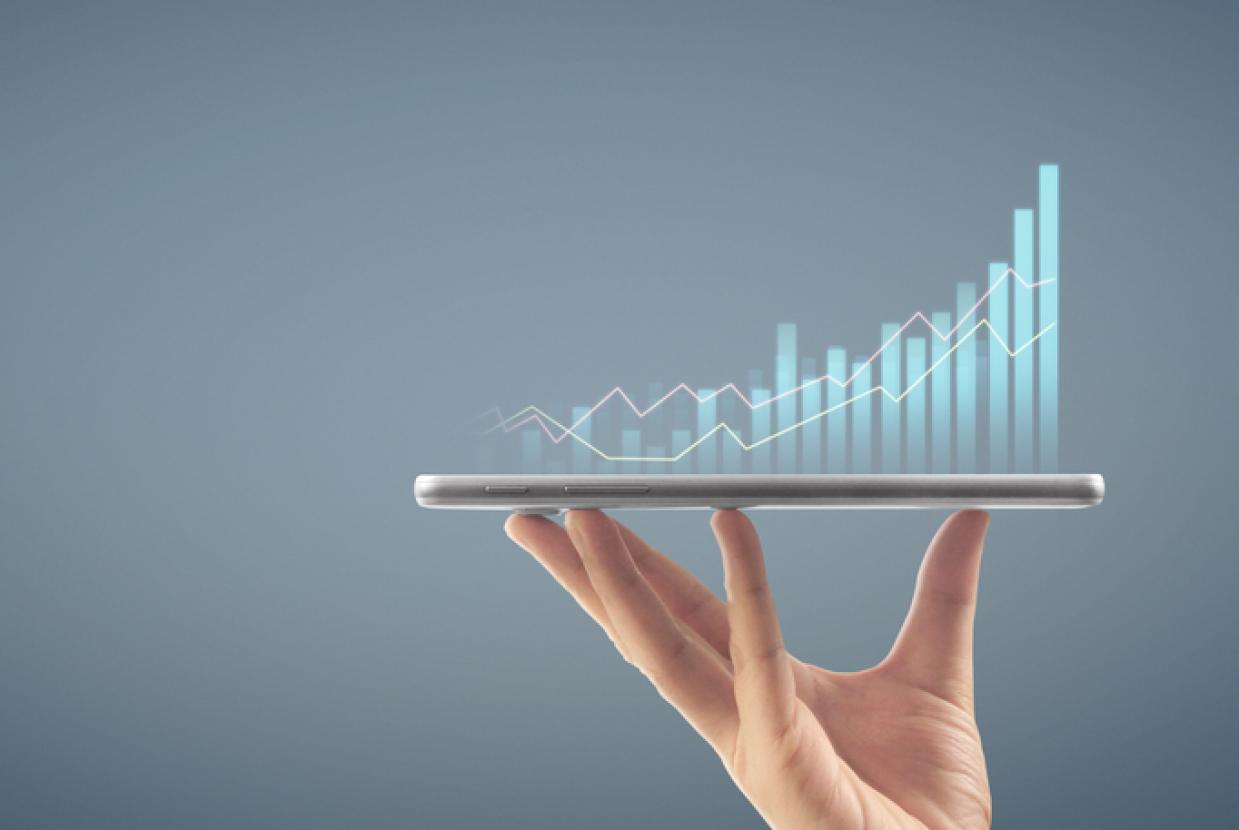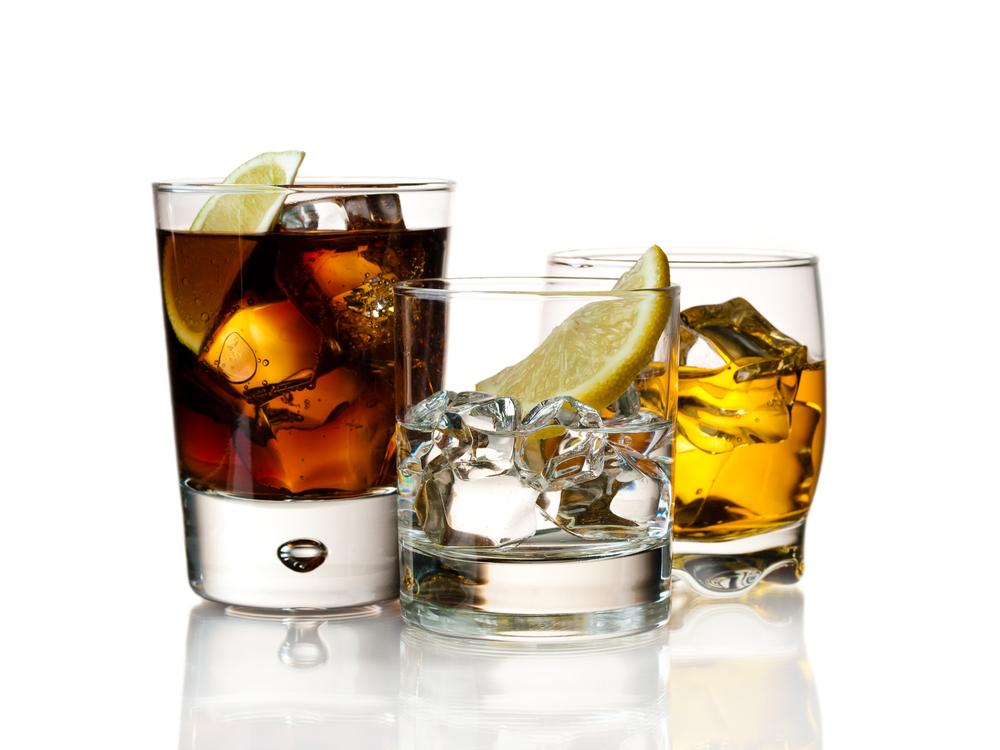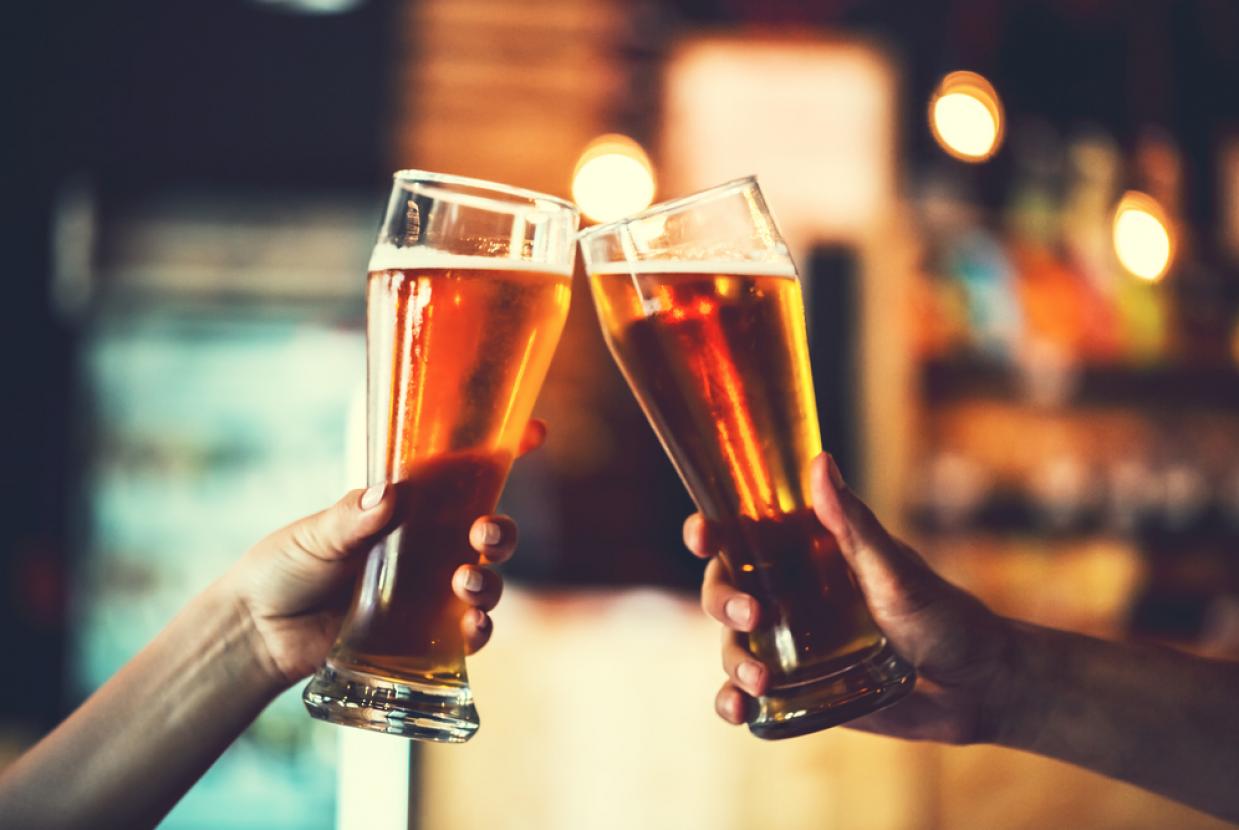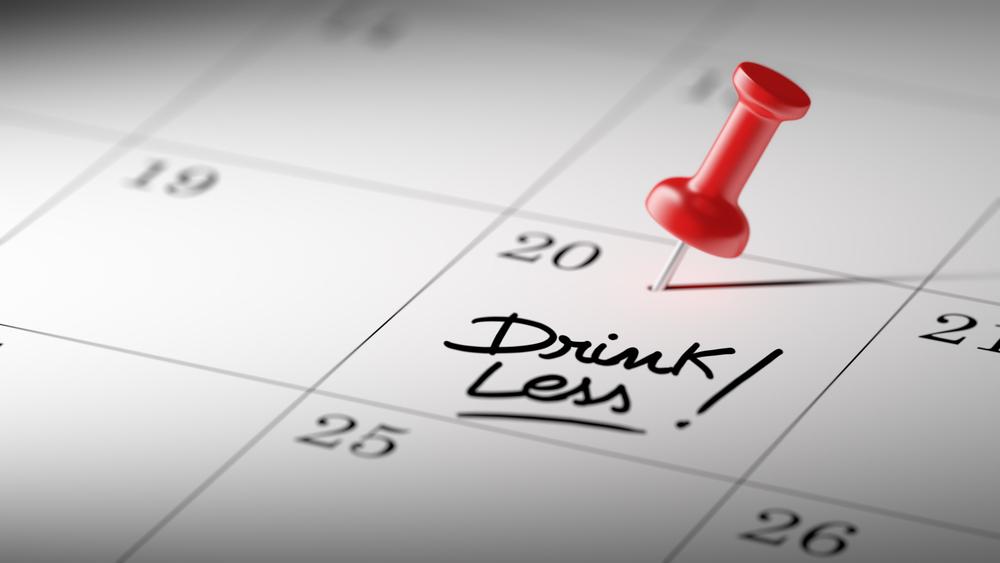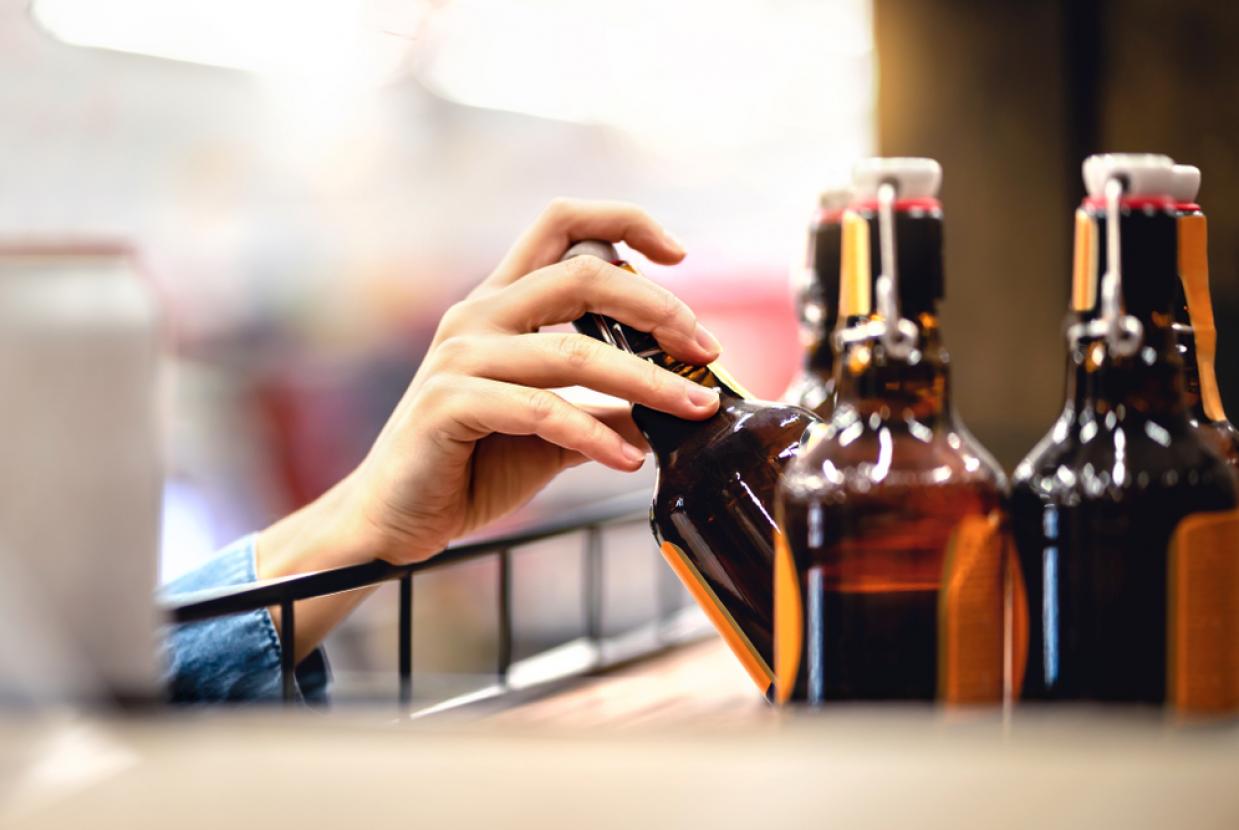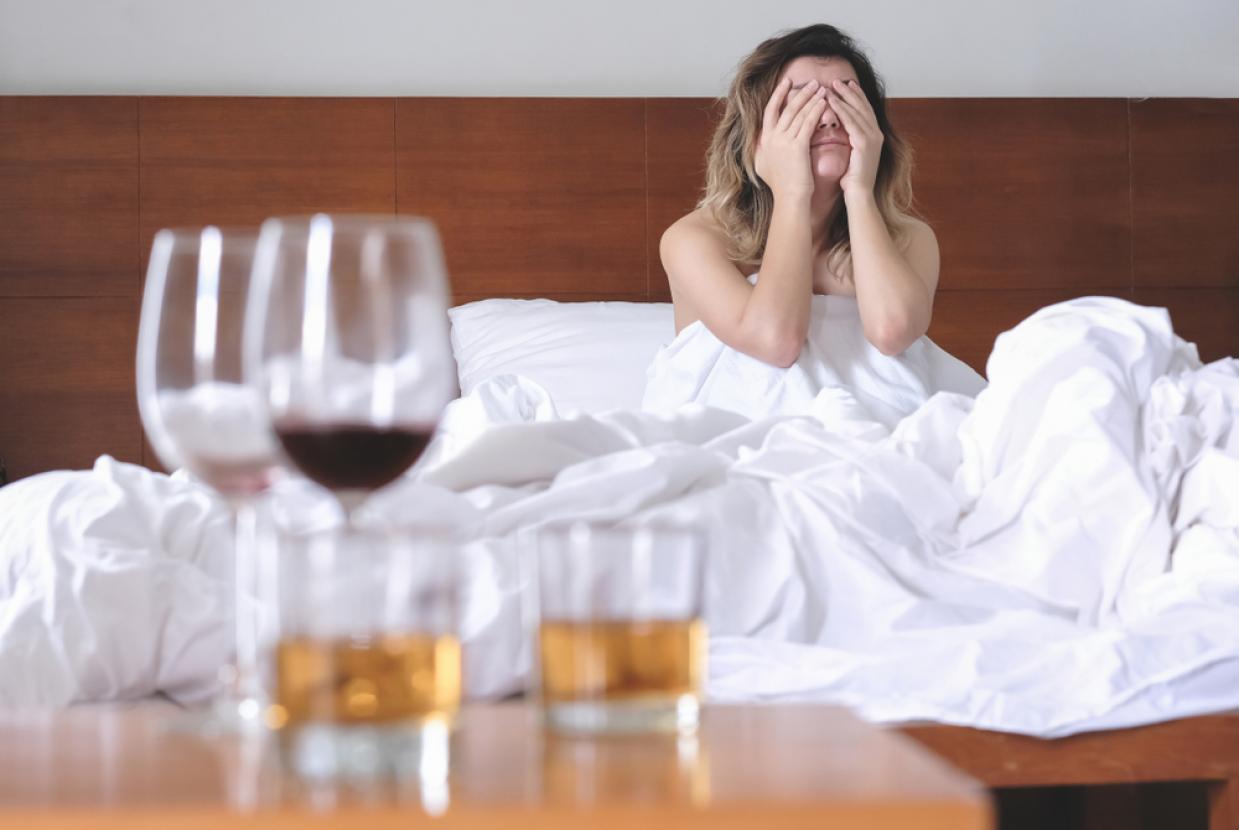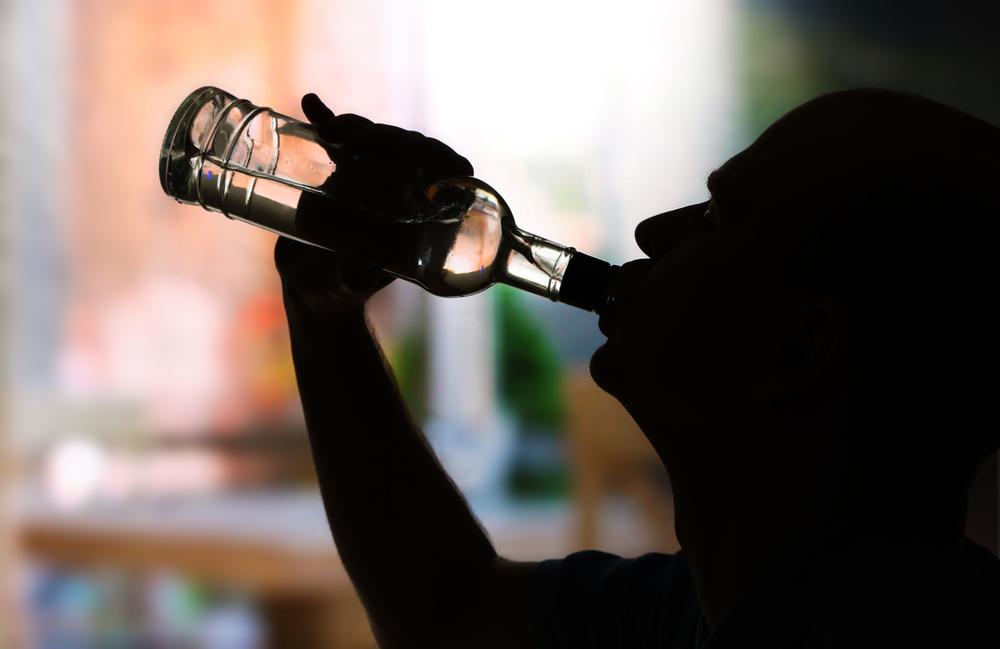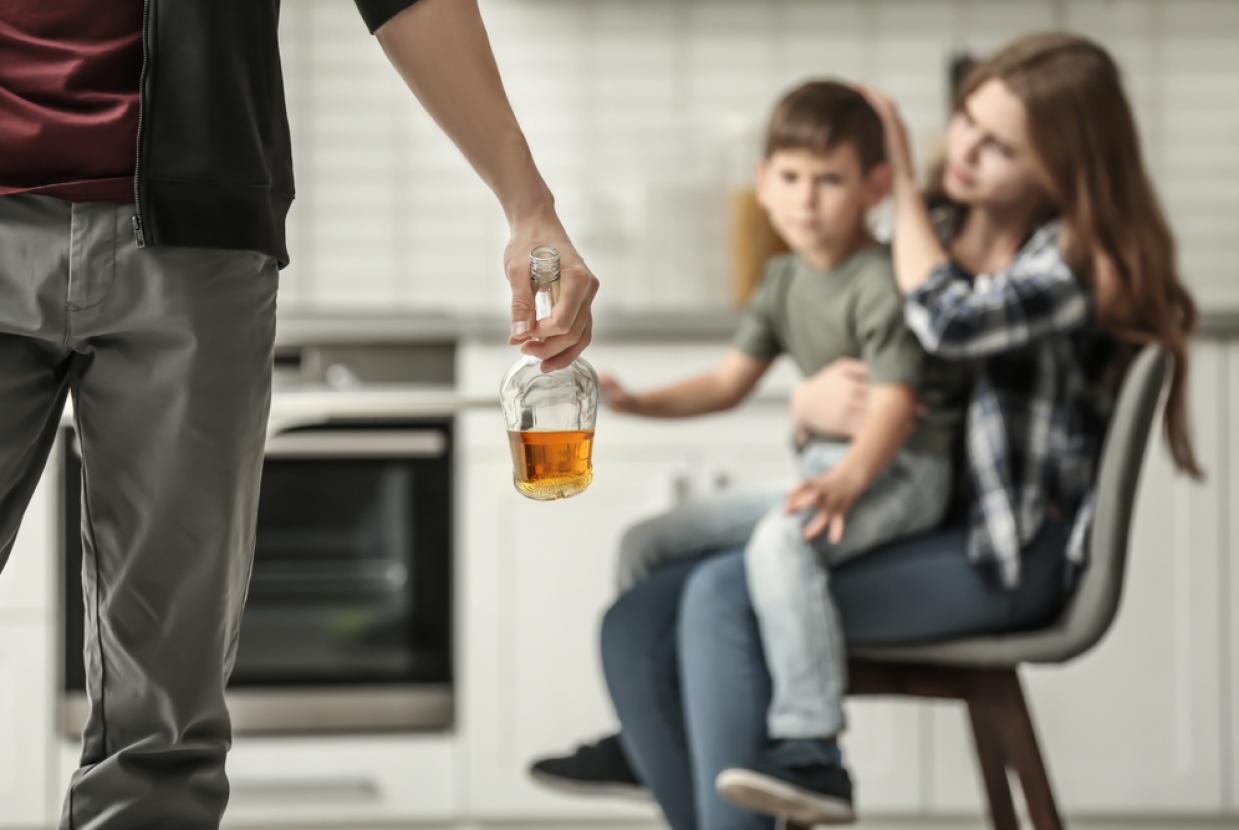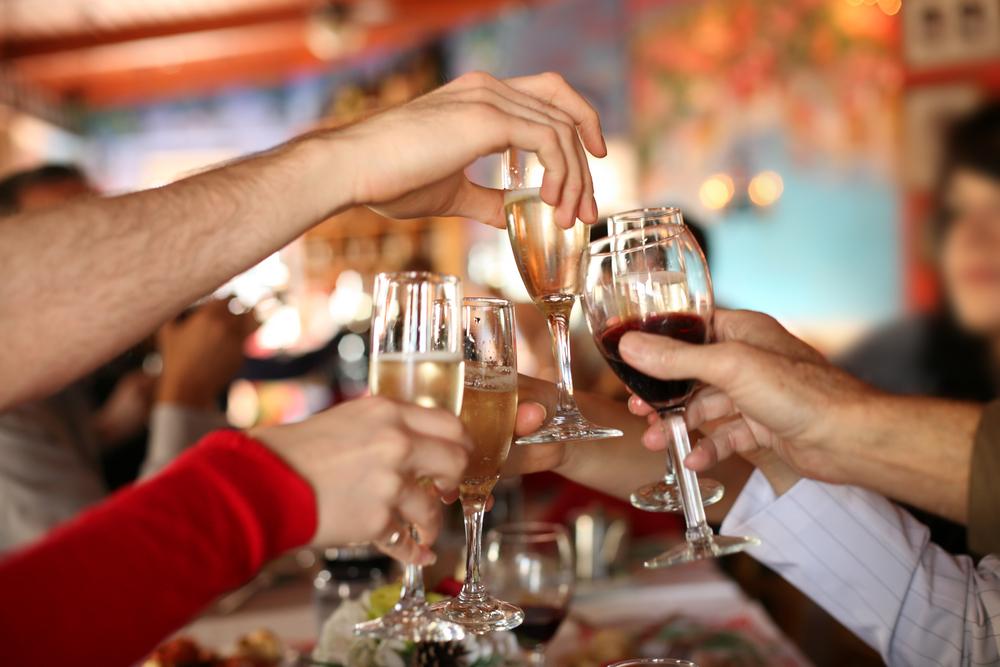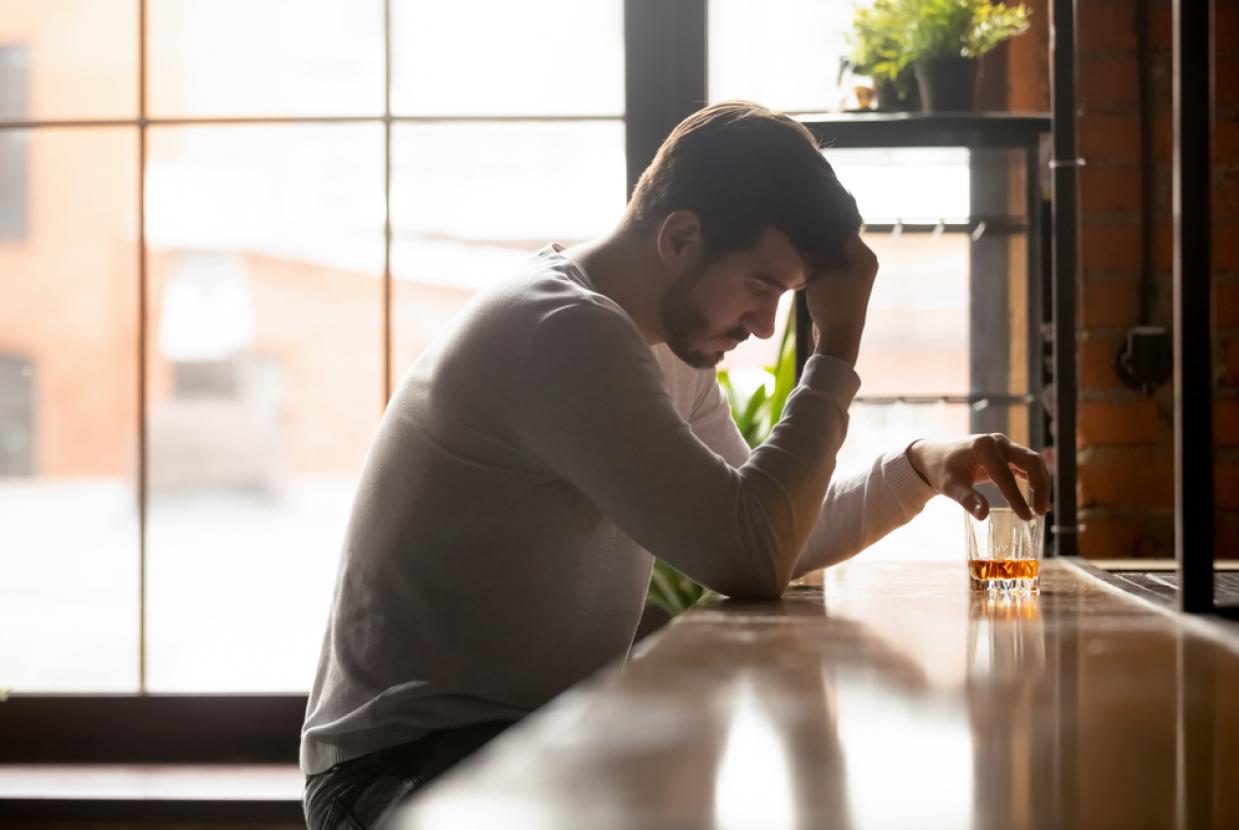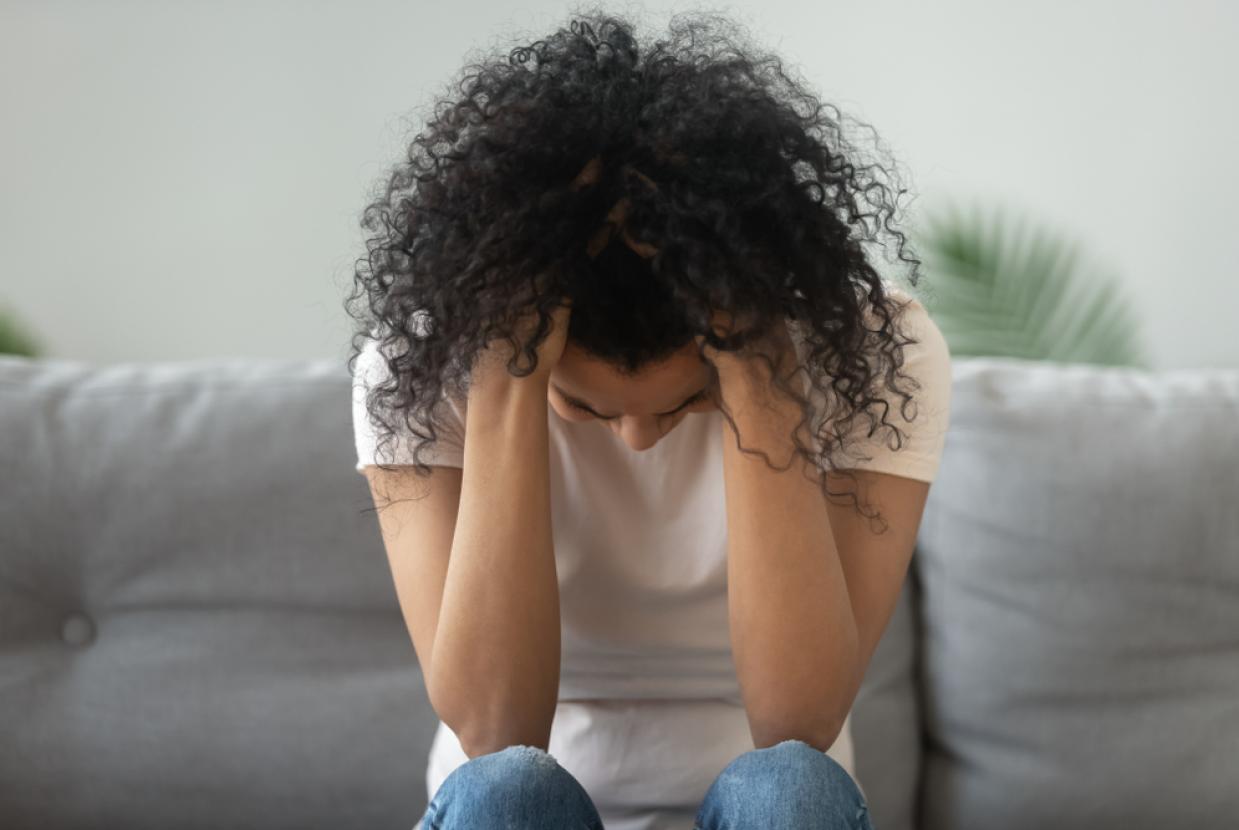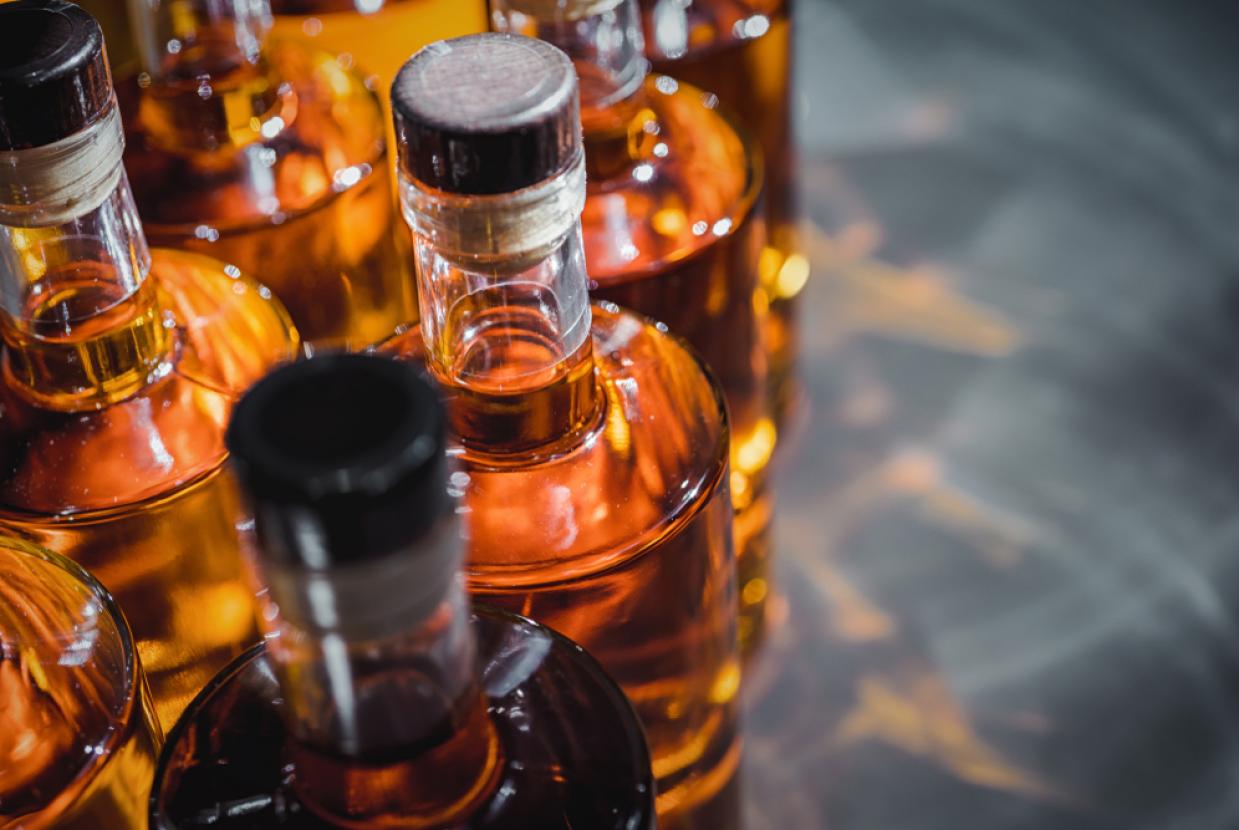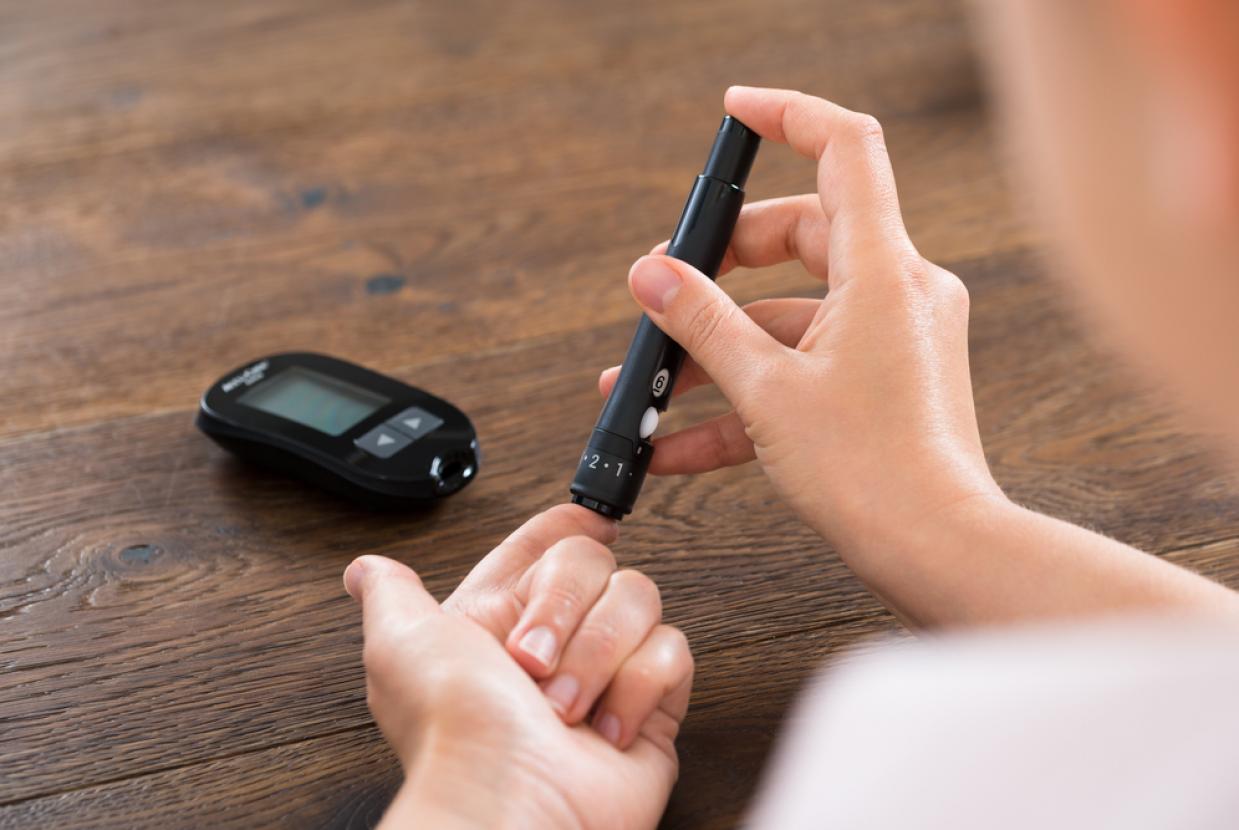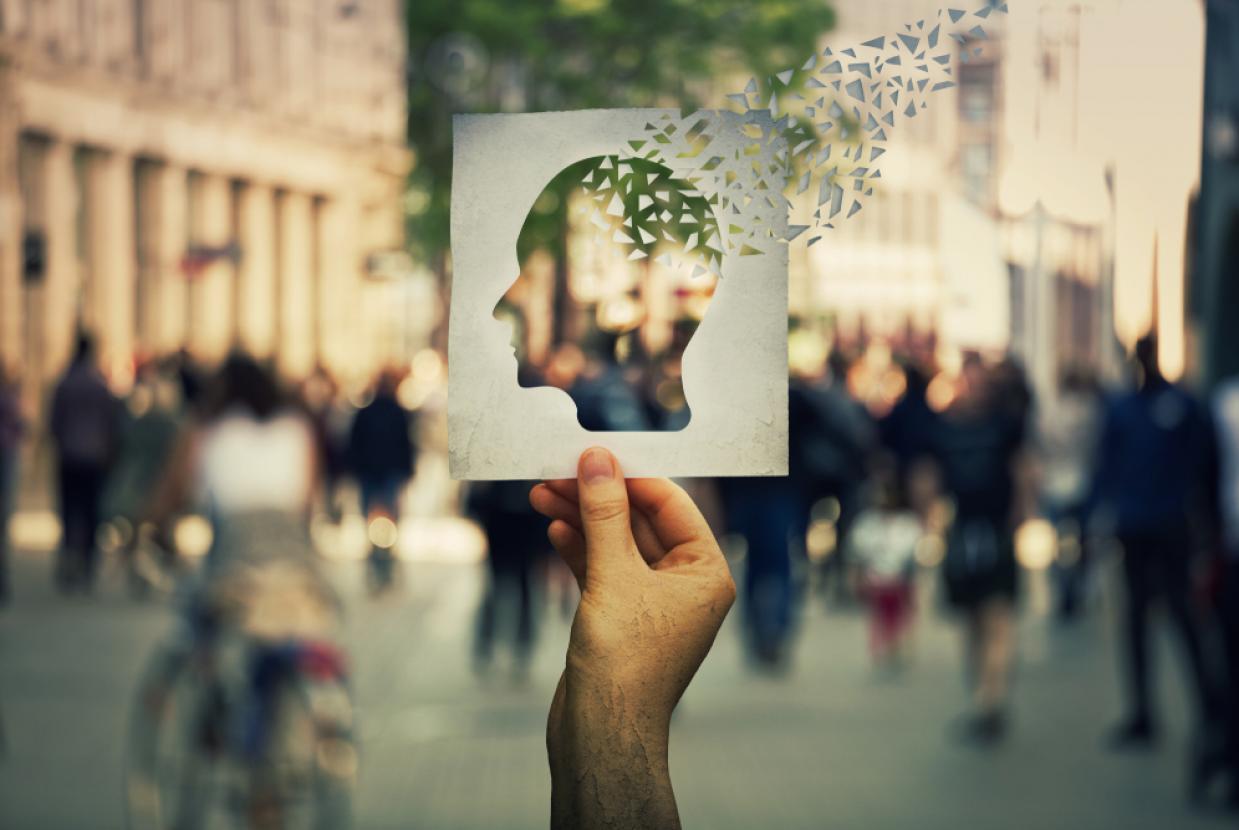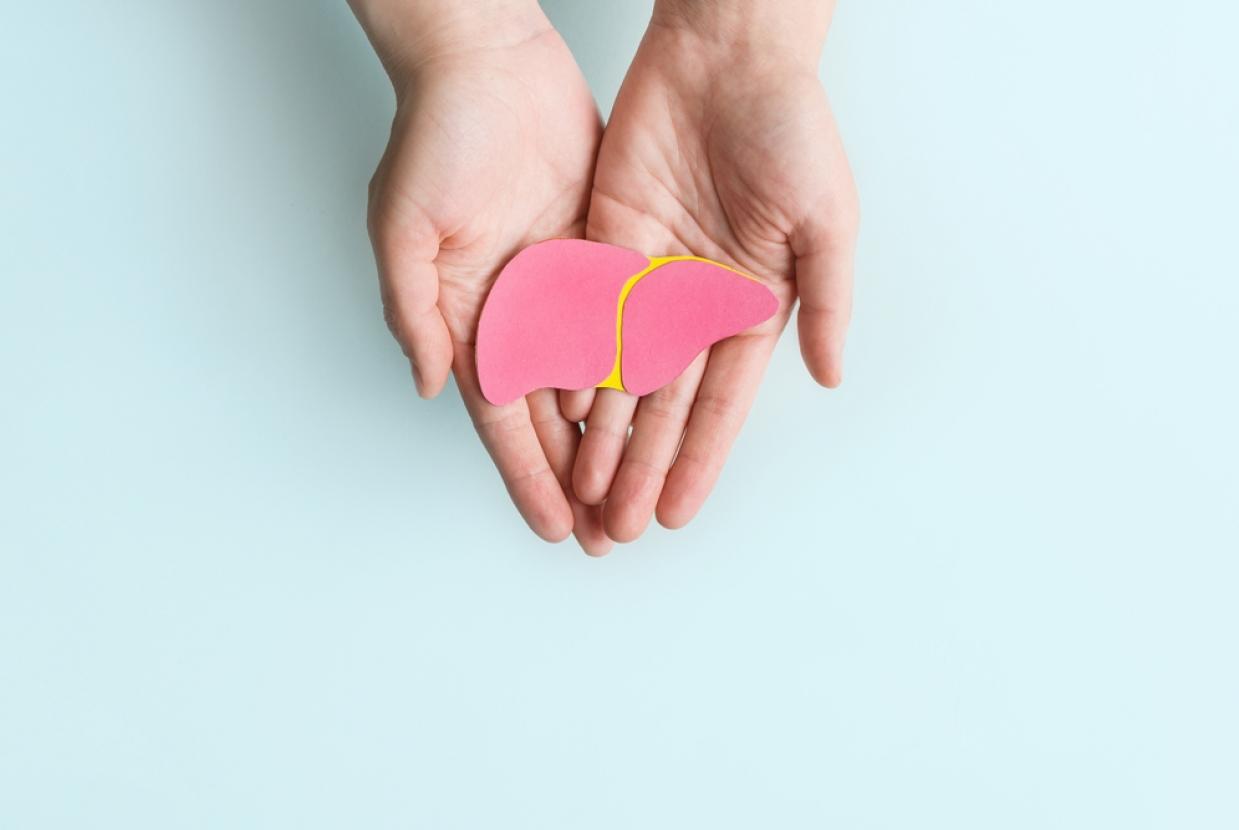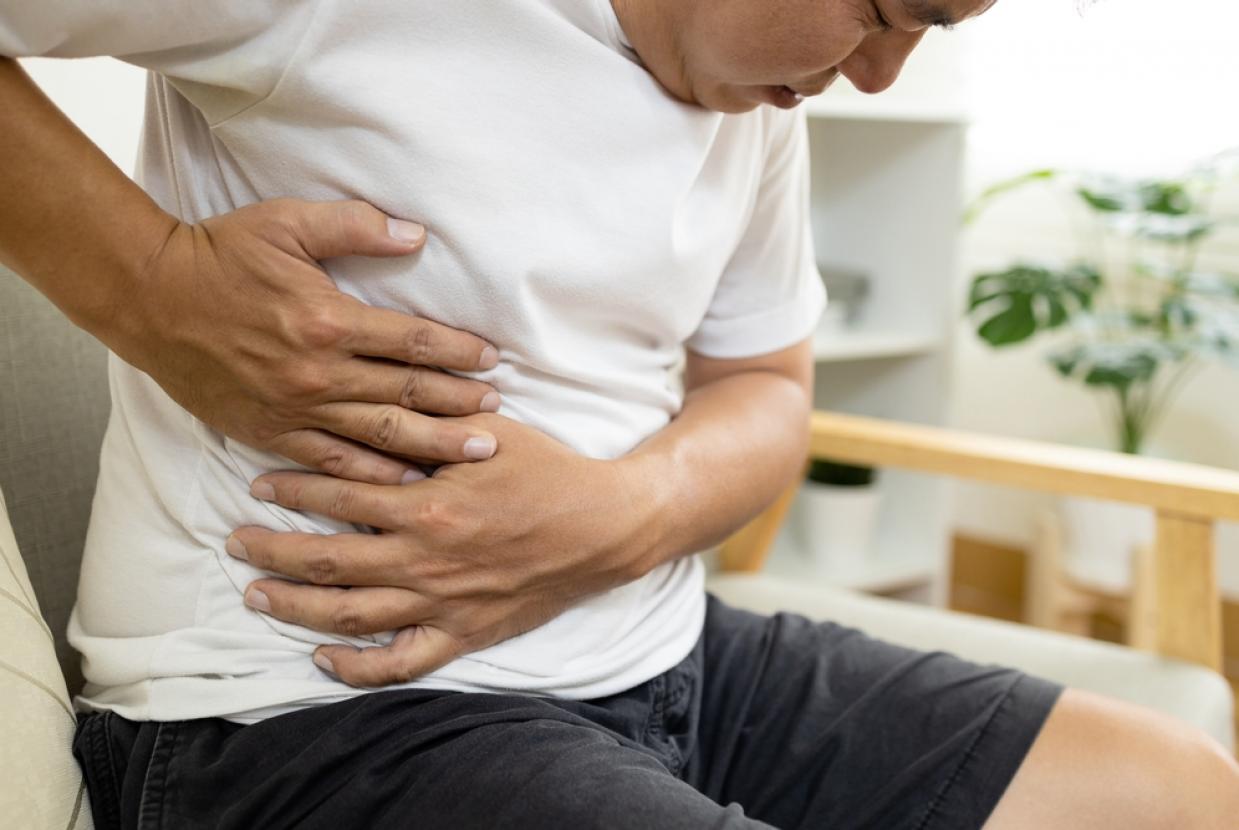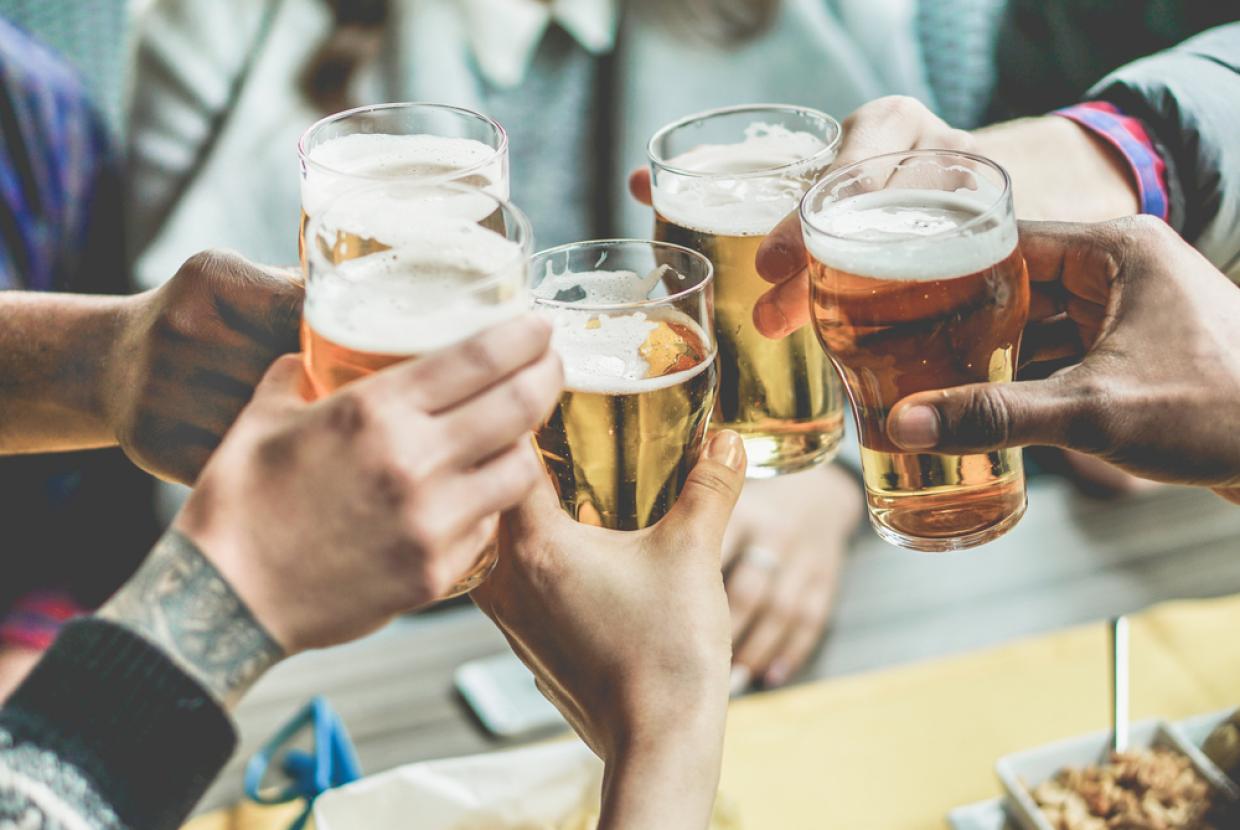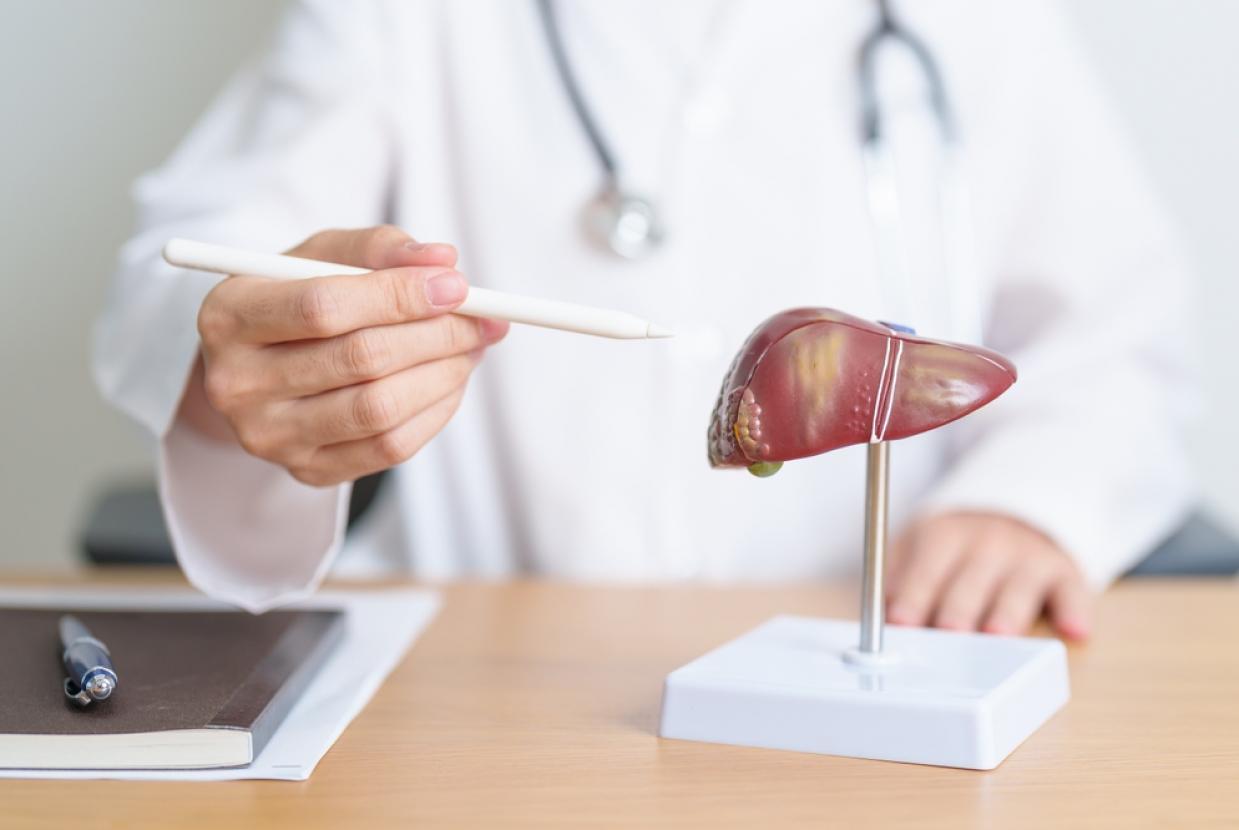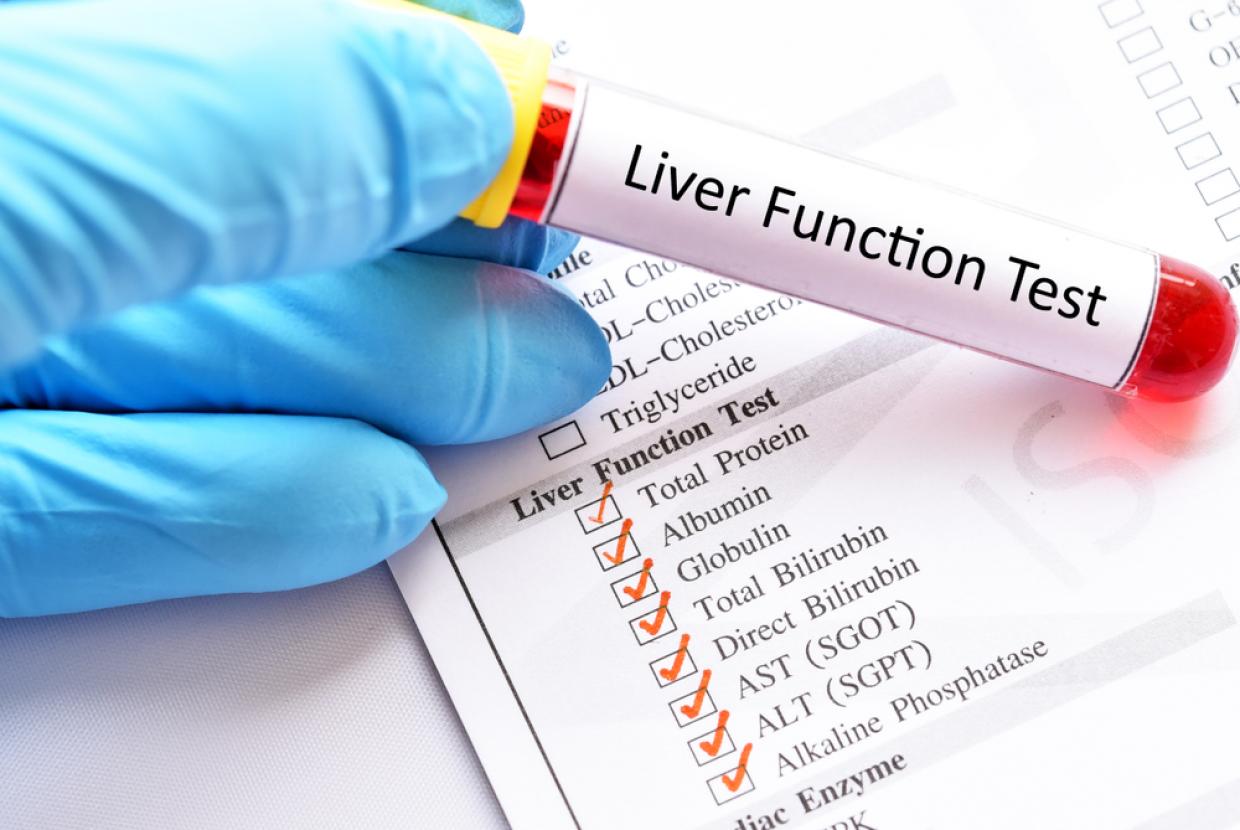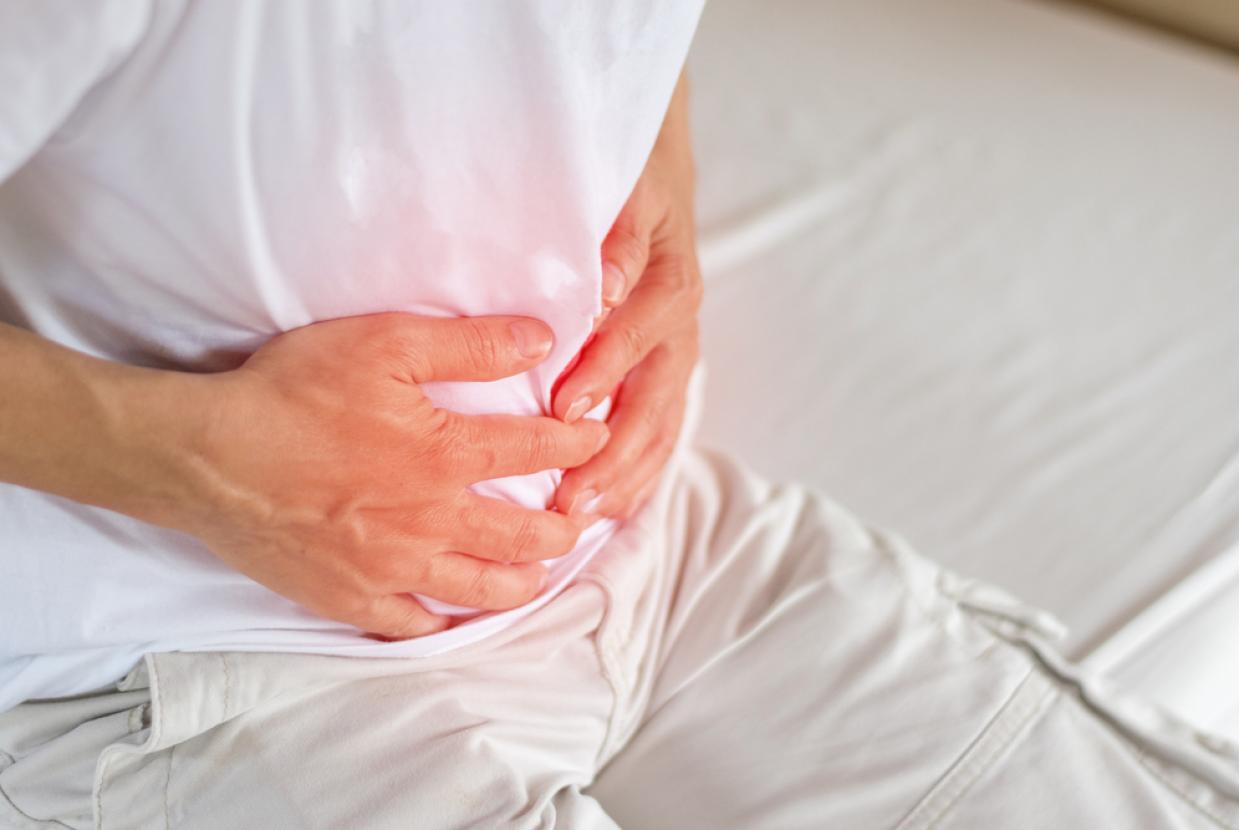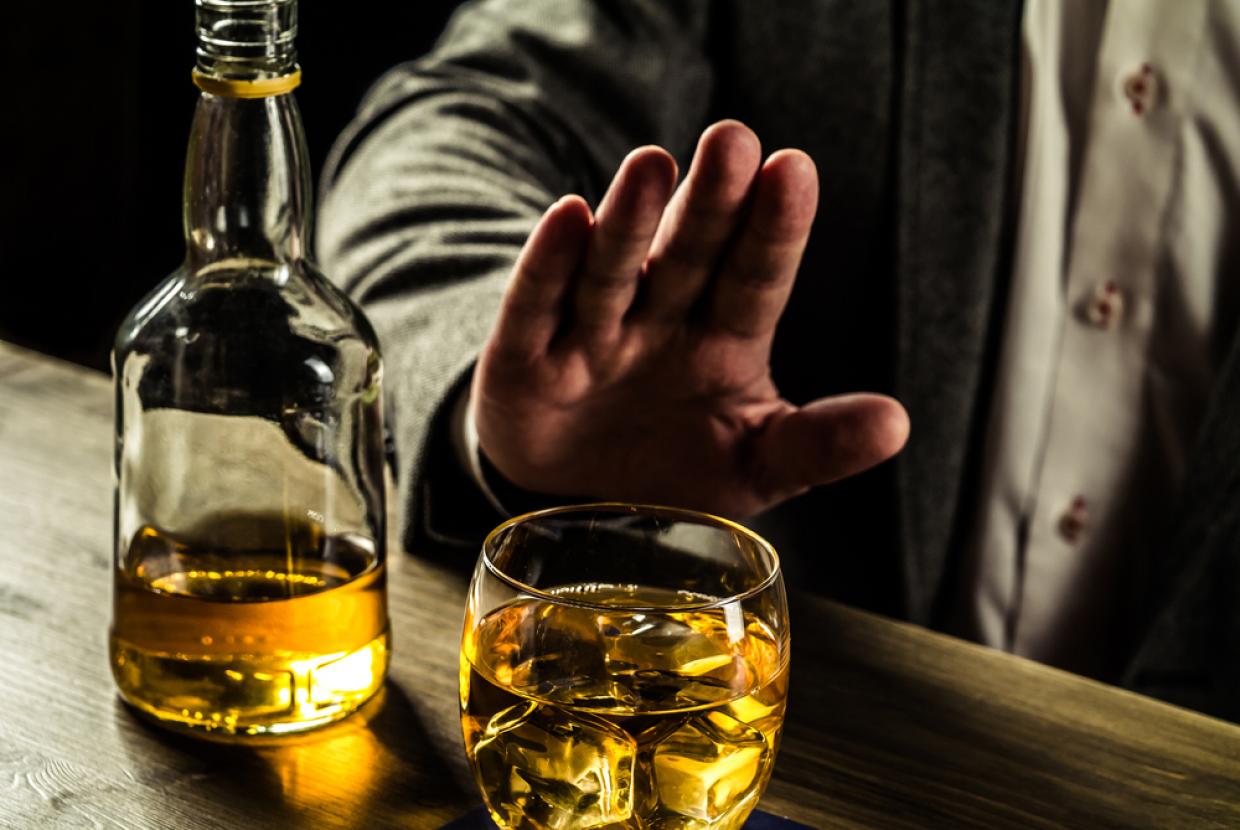Alcohol and your mood: the highs and lows of drinking
Alcohol GuidanceAlthough we don’t always think of it as such, alcohol is a psychoactive substance, meaning it can radically change the way we think and feel. Here, we look at some of the ways that alcohol can change our mood and our behaviour, and how it does that.
The feel-good factor
The human brain uses a number of chemicals – known as neurotransmitters – to carry messages. One of the most important of these is dopamine, which is often thought of as a ‘happy hormone’. When we start drinking alcohol, our bodies produce extra dopamine, which travels to the parts of the brain known as ‘reward centres’ – the bits that make us feel good and make us want to do more of whatever we’re doing.
So, our first couple of drinks are likely to make us feel good. They’re also likely to make us want more to drink. However, if we continue drinking, the dopamine high will eventually be pushed aside by the less pleasant effects of alcohol: confusion, clumsiness, nausea and dehydration.
Loss of inhibitions
Alcohol is sometimes described as a ‘disinhibitor’ – it makes us less cautious and more inclined to do things we would normally be shy or hesitant about. Sometimes, we might be quite glad of that. Sometimes it can lead us to do things that may be a bit annoying but not particularly problematic, like singing loudly or talking too much. Other times, the consequences can be more serious – for example if we say something hurtful we regret later on, or try to drive ourselves home.
Alcohol is also a depressant and slows down the parts of the brain where we make decisions and consider consequences, making us less likely to think about what might happen if we do something.
Depression
Although alcohol is often described as a ‘depressant’, that’s not quite the same as saying it will make you depressed. In small doses, alcohol can make you feel quite cheerful for a short while. What alcohol does, though, is depress the body’s central nervous system – the system that lets our brain tell our body what to do. That means that alcohol makes us less co-ordinated, more accident-prone, and less aware of danger.
However, alcohol can make us feel depressed too. The hangover after a heavy drinking session can be a thoroughly miserable experience. A combination of dehydration, low blood sugar, and various by-products of alcohol can leave us struggling to move or think.
In the longer-term, the body becomes used to the dopamine boosts it’s getting from alcohol, and starts making less dopamine to compensate. That means that if drinking becomes a habit, we may become dopamine-deficient and this could contribute to us experiencing low mood.
Anxiety
Alcohol has been described as a ‘favourite coping mechanism’ in the UK and is commonly used to try and manage stress and anxiety, particularly in social situations, giving us what’s sometimes called ‘Dutch courage’ . Since alcohol can increase the body’s production of dopamine and serotonin, two of the body’s ‘happy hormones’, it can temporarily make us feel less anxious.
Long term drinking, however, can lower levels of both these hormones as well as lowering blood sugar and increasing dehydration, leading to worse anxiety. There is also a risk of becoming reliant on alcohol to manage anxiety, leading to other physical and mental health problems.


